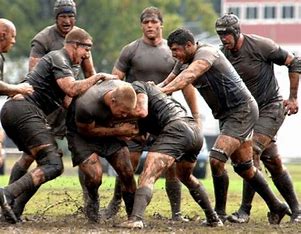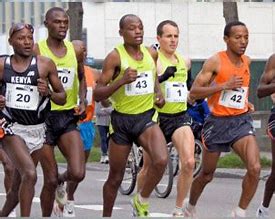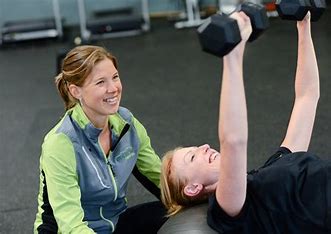In the competitive world of college sports, personal training has emerged as a vital component of athletic success. The business of personal training in this arena is not just about enhancing physical performance; it’s about understanding the intricacies of the sports industry and developing strategies that benefit both the athletes and the trainers. Should you require help with Personal Training in Fishers, IN, don’t hesitate to reach out to these experts; they are well-equipped to provide the support you need! Here are some key strategies for success in the business of personal training in college sports:
 1. Understand the Unique Needs of College Athletes
1. Understand the Unique Needs of College Athletes
College athletes have specific needs based on their sport, position, and individual goals. Personal trainers must have a deep understanding of these requirements and tailor their programs accordingly. This customization is essential for maximizing performance and reducing the risk of injury.
2. Build Strong Relationships with Athletic Departments
Forging solid relationships with college athletic departments can open doors for personal trainers. By collaborating with coaches and staff, trainers can gain access to facilities, resources, and potential clients. These partnerships can also lead to referrals and long-term contracts.
3. Offer Comprehensive Services
To stand out in the crowded field of personal training, offering comprehensive services that go beyond traditional strength and conditioning is crucial. This can include nutritional guidance, mental toughness training, and recovery strategies. Providing a holistic approach can make a trainer indispensable to an athlete’s success.
 4. Leverage Technology for Performance Analysis
4. Leverage Technology for Performance Analysis
In today’s data-driven sports environment, leveraging technology for performance analysis is a game-changer. Using tools like wearable fitness trackers, video analysis software, and performance analytics platforms can provide valuable insights into an athlete’s progress and areas for improvement.
5. Stay Updated with Industry Trends
The sports industry is constantly evolving, and so are the methodologies in personal training. Staying abreast of the latest trends, research, and best practices is crucial for maintaining relevance and effectiveness. Continuous education and professional development can set a trainer apart in this competitive field.
6. Develop a Strong Personal Brand
In the business of personal training, reputation is everything. Developing a strong personal brand through social media, content creation, and networking can help trainers attract high-profile clients and build credibility within the college sports community.
 7. Focus on Results and Athlete Satisfaction
7. Focus on Results and Athlete Satisfaction
Ultimately, the success of a personal training business in college sports is measured by the results achieved and the satisfaction of the athletes. Trainers must be committed to delivering measurable improvements in performance and ensuring that their clients are happy with the services provided.
Conclusion
The business of personal training in college sports is both challenging and rewarding. By understanding the unique needs of college athletes, building strong relationships with athletic departments, offering comprehensive services, leveraging technology, staying updated with industry trends, developing a strong personal brand, and focusing on results, personal trainers can navigate this field successfully and make a significant impact on the success of college athletes.
